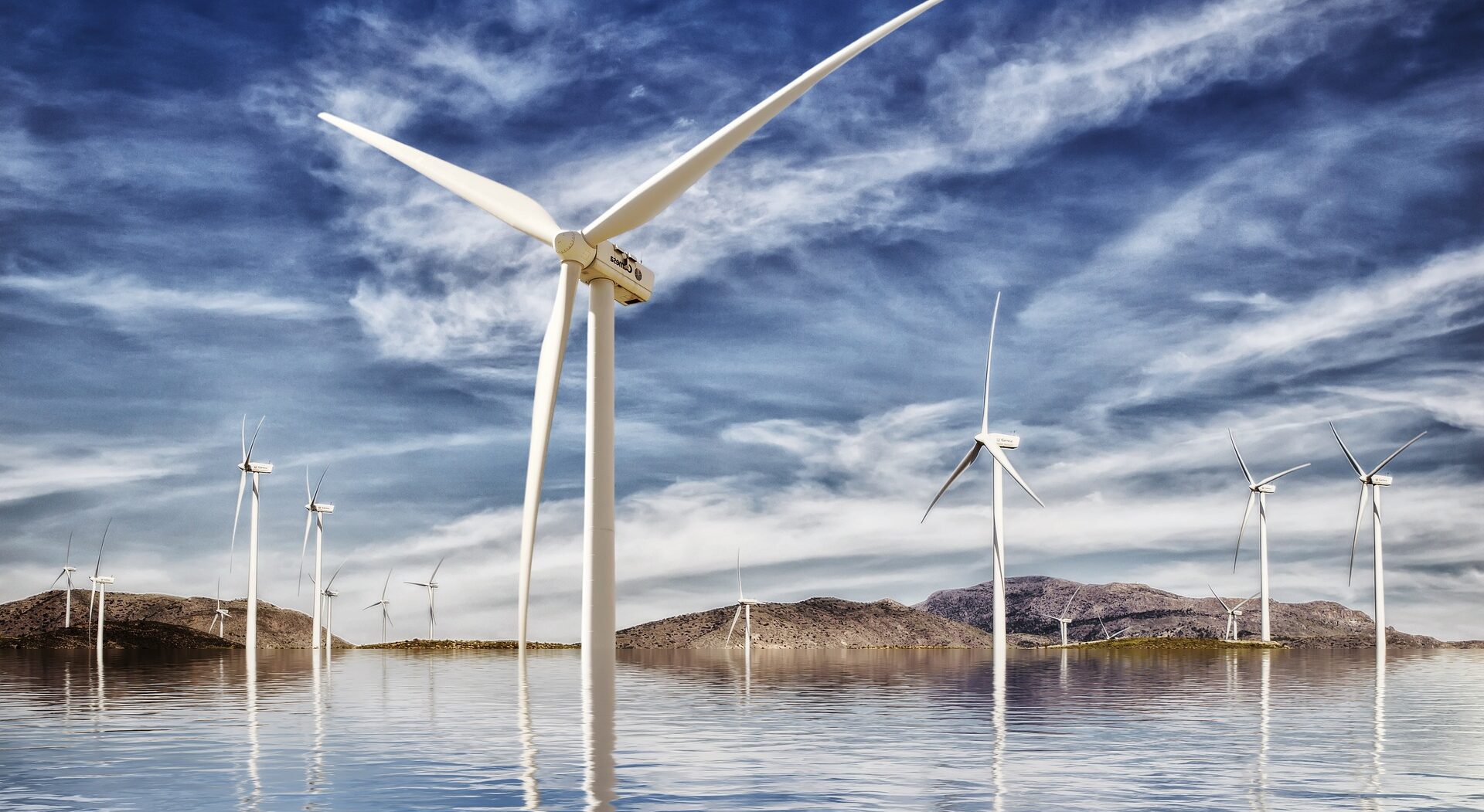No more excuses to delay the shift to clean energy
María Mendiluce, CEO, We Mean Business Coalition
This article originally appeared on EURACTIV.
With climate change causing more devastation each year and Russia’s invasion of Ukraine revealing the fragility of the global fossil fuel economy, all eyes are on the COP27 summit in Egypt.
Scientists are once again sounding the alarm. Every fraction of a degree of temperature rise matters. But the reality is that emissions are still going up and we are running out of time. The latest UN report said that government pledges currently set us on course for up to 2.6°C temperature rise this century.
Since energy-related emissions account for 76% of global emissions — mainly caused by burning fossil fuels to heat our buildings, generate our electricity and power our vehicles — the clean energy transition is central to tackling the climate crisis.
Countries must deliver on the commitments they made just last year in Glasgow, to phase down fossil fuels and the subsidies that prop these industries up, even as oil and gas companies post record profits. That public money should be redirected towards energy efficiency, renewable energy and electrification. This will enable the private sector to invest at scale and bring about an equitable transition to clean energy for everyone, everywhere.
On clean energy, the stars are aligning. We can supply affordable solar and wind energy technology at scale. We know how to cut demand for gas through electrification and energy efficiency. And business wants it: thousands of companies are now switching to clean energy and buying less fossil gas as they work to meet their science-based emission reduction targets.
But barriers remain, preventing business from moving away from fossil fuels forever.
First, the vested interests of the fossil fuel industry continue making the case for new gas infrastructure investments. This will cause more global heating and long-term suffering. It is causing a potentially disastrous distraction from the most sustainable solution to the energy crisis: accelerating the clean energy transition which is also the best way to help citizens with the cost-of-living crisis.
Our research shows that implementing policies to accelerate the end of fossil fuels will save a household of four in G7 countries $2,000 a year. By 2035 the average person would save $825 per year on energy bills. And these policies will create over 1.92 million new jobs in the G7 by 2025.
Gas is not a solution to the current crisis. Indeed, redirecting the $570 billion of annual planned new oil and gas investment could fully finance wind and solar expansion in line with 1.5°C.
Second, energy efficiency is not being prioritised. The Bruegel think-tank has shown that reducing the temperature in homes across the continent from 22 to 19°C would save Europe 30 billion cubic meters of gas per year. Yet, politicians are not showing enough leadership on this issue. Public spending on energy efficiency should be increased to a level equivalent to other crisis response measures in recent years.
We need to see more initiatives like the financial support offered by the French government to households modernising their heating systems. This is helping France to deliver on its goal of reducing energy consumption by at least 10% over the next two years compared to 2019. In Italy, the government offers 110% tax credit on energy efficiency for buildings.
Third, the installation of renewables risks failing to keep pace with the shift to electrification. Switching all homes and businesses from gas boilers to heat pumps; all vehicles from petrol or diesel to electric engines; all heavy industry blast furnaces to electric arc furnaces will all be essential to ending our reliance on fossil fuels.
However, that will only work, if there is enough clean energy supply to meet the demand for all of this new electricity. A record 340 GW of renewable capacity is expected to be deployed globally in 2022, but we need to go even faster to get on track.
Governments must streamline the permitting process, particularly in Europe, where complicated permitting processes are stalling deployment of new renewable capacity. Developing renewable energy projects can take up to 10 years in some places because of factors like, responsibility being split between multiple government agencies and understaffing. Robust local and national policies that provide clear guidance for developers and ensure public participation in identifying sites for new renewable infrastructure would all help remove these bottlenecks.
Finally, there are not enough skilled workers to scale energy efficiency and install clean power. Public and private sectors must collaborate to create training courses to give people the skills required to deliver the clean energy transition.
The energy transition is happening, but not fast enough. I urge governments to pick up the pace. Focus efforts on scaling energy efficiency, electrification and accelerate the construction of renewable energy and storage systems. There is no time to lose.
For more discussion of how to accelerate the transition to a net zero economy, join the COP27 Business Pavilion in person or via livestream, November 8-17, 2022.

